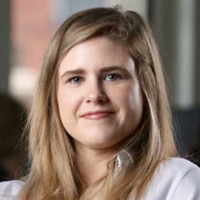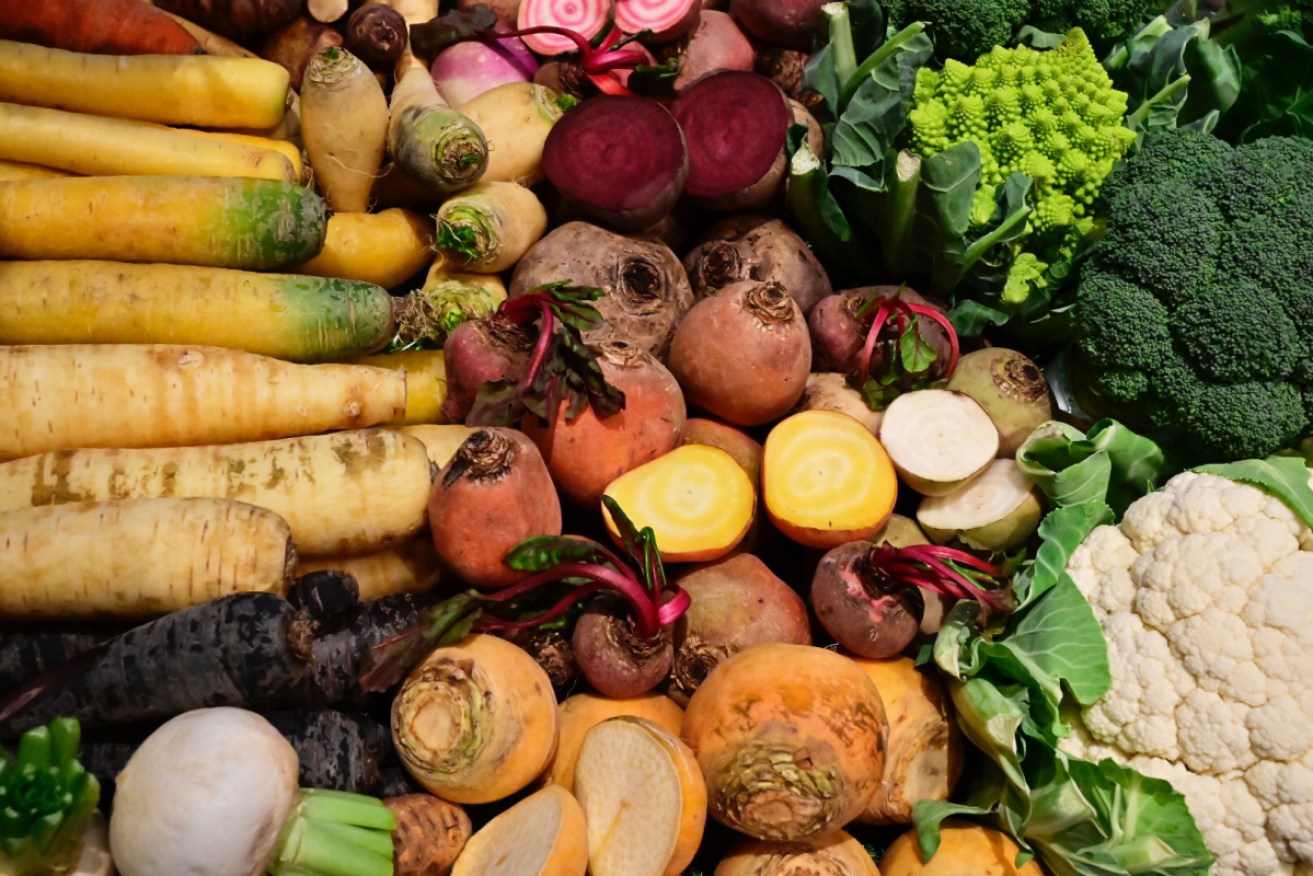The simple things you can do to help prevent getting cancer


Experts recommend a largely plant-based diet to lower the risk of cancer. Photo: Getty
Exercise and diet could be the key to saving more than 200,000 people dying from cancer across the next 25 years, Australian research has found.
The research found that as many as 190,500 deaths from cancer that were linked to being overweight, and a further 19,200 linked to low exercise rates, could be prevented.
The study was published in the International Journal of Cancer on Monday, from Brisbane’s QIMR Berghofer Medical Research Institute.
In a world where about half of all Australians do not meet the minimum two-and-a-half hours of exercise a week – and where two-thirds of adults are considered overweight or obese – the research is a sobering reminder of the consequences of lifestyle excesses.
Despite knowing this, it’s not always easy to lead the optimum life.
The New Daily talked to the experts and put together some practical ways you can move more, eat better and still have a drink without giving up all the fun things in life.
Exercise
When it comes to exercise, dietitian and campaign manager of Cancer Council Victoria’s Live Lighter wellness program, Alice Bastable, said “some is better than none, and more is better than less”.
“This means walking for 10 minutes on your lunch break, using public transport, walking your dog, using stairs instead of a lift or parking the car further away from the shops,” she said.
Nutritionist Dr Tim Crowe recommended doing exercise that you enjoy.
“Just do it regularly – all forms of exercise, be it swimming, running, playing tennis etc, are good,” he said.
If you’re overweight and finding it difficult to lose the kilos, preventing further weight gain can help protect against cancer, Ms Bastable said.
Diet
It seems celebrity food writer and critic Michael Pollan got it right when he wrote: “Eat food. Not too much. Mostly Plants.”
“Switching to more plant-based foods in your diet can save you money and also reduce risk of cancer,” Ms Bastable said.
When it comes to vegetables, aim for colour and try to buy in season for optimum benefits, she said.
If you really hate all veggies and want something more prescriptive, Dr Crowe recommends looking to the cruciferous family, which includes cabbage, broccoli, bok choy, cauliflower and brussels sprouts.
Swapping iceberg lettuce for baby spinach and rocket is also a great way to pack more nutritional punch in a salad.
Another holy grail of health is fish.
“The oilier the better,” Dr Crowe said.
“This includes salmon, herring and sardines, which also have high levels of omega-3 fatty acids.”
He said ideally, we should all be eating fresh fish two to three times a week, but the canned variety (including tuna) is also fine.
As for meat?
“If it’s red, reduce it, or substitute it with white meat such as chicken or fish,” Dr Crowe said.
He recommends no more than 500 grams of fresh red meat a week.
“A decent steak is about 100-200 grams, so you can have it two to three times per week,” he said.
Processed meats such as pastrami, salami, bacon and ham, however, are a no-no from both experts.
“Limit these as much as possible,” Dr Crowe said, with both nutritionists advising to ditch these for good.
Alcohol
Unfortunately, there is simply no safe level of alcohol when it comes to cancer.
“The ethanol (alcohol) itself is carcinogenic, and every drink you have increases your chances of getting cancer,” Ms Bastable said.
“If you do want to drink, make sure to stick within the national guidelines.”
According to the National Health and Medical Research Council (NHMRC), drinking no more than two standard drinks a day reduces the lifetime risk of harm from alcohol.
Drinking four standard drinks on a single occasion reduces the risk of alcohol-related injury arising from that occasion.
A standard drink contains 10g of alcohol (equivalent to 12.5ml of pure alcohol), and it’s always good to remember that one serving of alcohol does not mean one standard drink.
The reality is that most Australians will continue to drink, so being mindful of how much you drink is the next best thing.
“If you’re going to drink, it’s better off having a less-sugary drink, such as vodka and soda,” Dr Crowe said.
-with AAP








